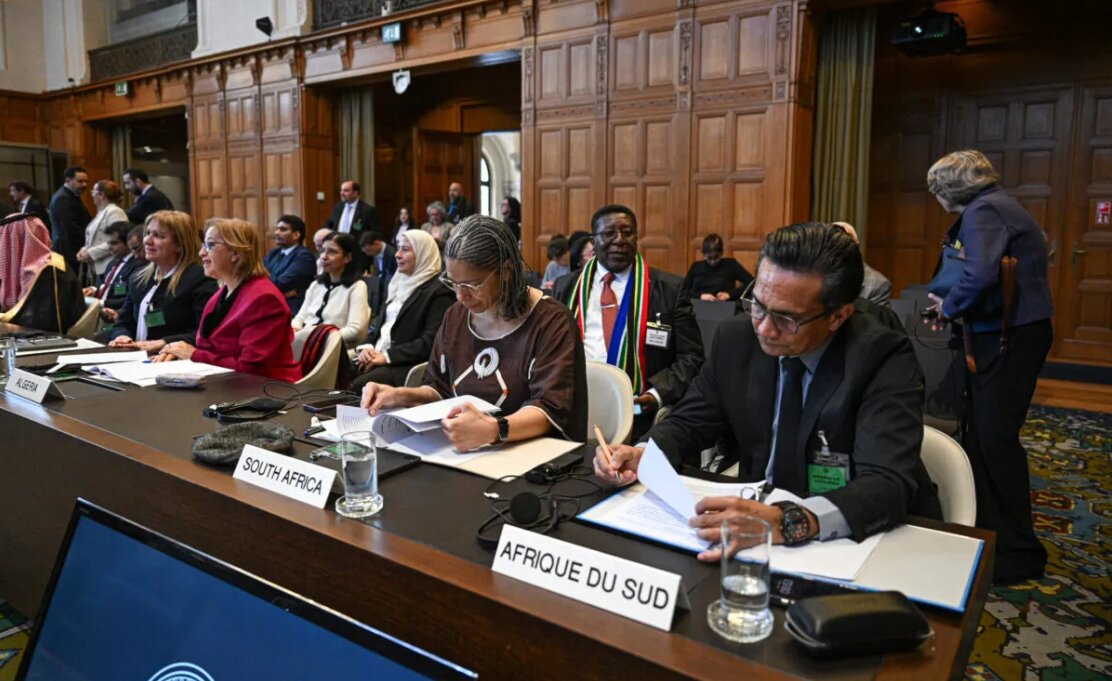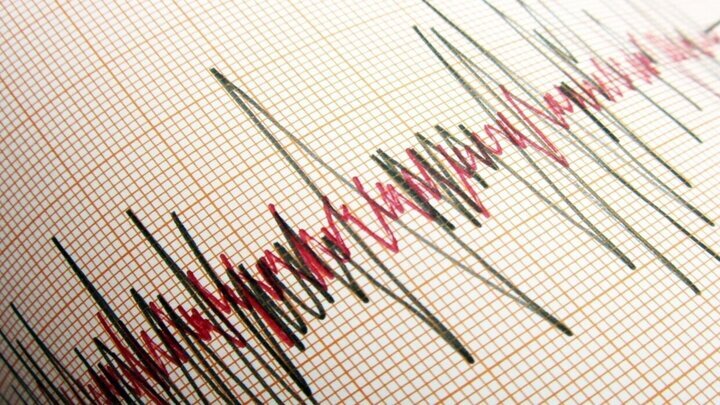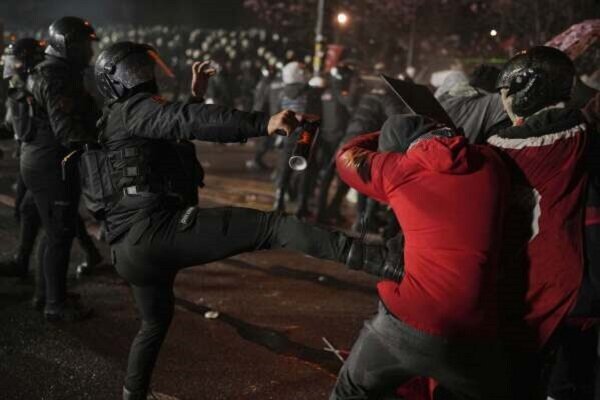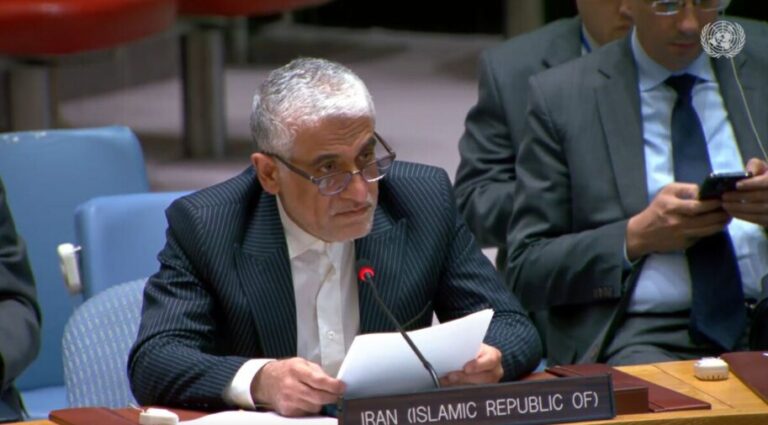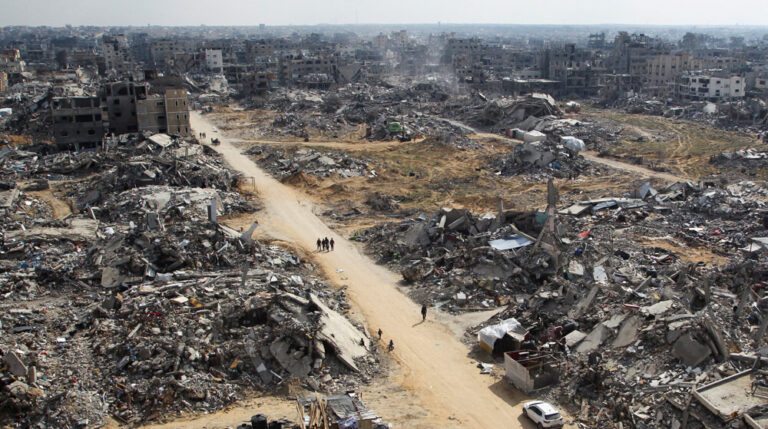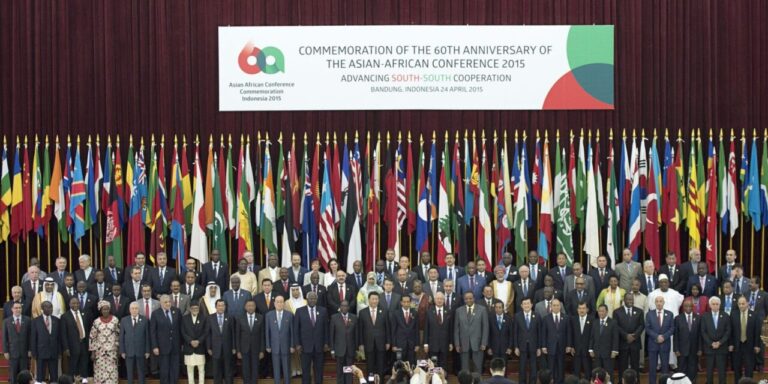Israel Faces ICJ Scrutiny Over Controversial Gaza Aid Restrictions
TEHRAN – The recent proceedings of the International Court of Justice (ICJ) in The Hague, which commenced on April 28, mark a significant turning point in addressing the humanitarian and legal challenges related to Israel’s obligations towards the Palestinian people. This includes critical issues surrounding access to humanitarian aid in Gaza and the West Bank. The legal proceedings, initiated under a UN General Assembly resolution, aim to clarify Israel’s responsibilities under international law amid escalating humanitarian crises within the occupied Palestinian territories.
Background and Legal Context
In late 2024, the ICJ was approached to provide an advisory opinion regarding Israel’s obligations to support and facilitate humanitarian assistance for Palestinians, particularly concerning the UN Relief and Works Agency for Palestine Refugees in the Near East (UNRWA). This request came in response to Israel’s decision in January 2025 to sever ties with UNRWA, alleging that the agency had been compromised by Hamas—a claim that UNRWA has consistently denied.
Since March 2, 2025, Israel has enforced a near-total blockade of Gaza, halting the flow of essential food, fuel, and medical supplies. Israeli officials justified this blockade by citing security concerns and the need to pressure Hamas into releasing hostages. However, this blockade has precipitated a dire humanitarian crisis in Gaza. Key points of concern include:
- The World Food Programme (WFP) has reported severe food shortages in Gaza, threatening millions of Palestinians with starvation.
- Crucial medical supplies are similarly restricted, exacerbating the crisis.
- Humanitarian organizations, including Doctors Without Borders, have labeled Gaza a “mass grave,” highlighting the severe risks to civilian lives posed by the ongoing aid blockade.
The ICJ’s involvement follows previous rulings, including a January 2024 directive mandating Israel to “prevent genocide in Gaza by all means” and a June 2024 advisory opinion declaring Israeli control over Palestinian territories illegal.
Israel’s Boycott and International Arguments
The hearings are set to last five days, featuring representatives from 40 countries and four international organizations, including major powers such as the U.S., China, France, and Russia, as well as regional entities like the Arab League and the Organization of Islamic Cooperation. These representatives will present their arguments before a 15-judge panel.
However, Israel has opted to boycott the oral proceedings, providing only written statements. Israeli officials have criticized the hearings, labeling them a “circus” and a “politicized spectacle” designed to undermine Israel’s legitimacy. They claim that UNRWA is “infested with Hamas terrorists” and accuse the UN of failing to eliminate militants from its ranks, asserting that over 1,400 UNRWA employees in Gaza have militant connections—a claim lacking independent verification.
Palestinian representatives, particularly Ammar Hijazi, the head of the Palestinian mission to the Netherlands, have accused Israel of weaponizing humanitarian aid—deliberately starving and displacing Palestinians while obstructing aid organizations. Hijazi implored the ICJ to acknowledge the “dire reality of people starving” due to the blockade, which has deprived 2.3 million residents in Gaza of essential supplies since March.
The UN’s legal counsel, Elinor Hammarskjöld, reiterated Israel’s obligations as an occupying power to facilitate humanitarian assistance and protect UN operations. She cautioned that the blockade of UNRWA violates the inalienable rights of Palestinians under international law. This situation forms part of a broader legal analysis regarding Israel’s actions in the occupied territories.
In a related case brought forward by South Africa, the ICJ has mandated provisional measures against Israel to permit the supply of essential services and humanitarian aid, citing concerns regarding potential violations of the Genocide Convention. Human Rights Watch has also documented ongoing restrictions by Israel on life-saving assistance entering Gaza, contradicting previous ICJ directives. While deliveries have seen slight improvements, they remain far from sufficient to meet the overwhelming needs of the population.
ICJ Opinion and Global Aid Policy
The ICJ’s procedural opinion is expected to be issued soon. Although it will not represent a final ruling, it is poised to significantly influence international law and political discourse. The opinion will address whether Israel’s embargo and restrictions on UNRWA violate international humanitarian law, specifically the Fourth Geneva Convention, which places the onus of humanitarian needs for occupied populations on the occupying government.
Furthermore, the court will explore the UN Charter and customary international law, emphasizing Israel’s duty to facilitate humanitarian aid. These proceedings occur during a particularly tense period in global politics. The U.S. recently voted against a UN resolution calling for an advisory opinion and is expected to advocate for Israel during these hearings. In contrast, countries like Germany, France, and Britain are advocating for improved humanitarian access to Gaza.
Israel’s absence from the hearings and its ongoing criticisms of the UN and UNRWA reflect deep-seated distrust, portraying these judicial proceedings as part of a broader assault on its legitimacy.
For Palestinian leaders and their international allies, the ICJ hearings represent a critical opportunity to hold Israel accountable and push for global action to alleviate humanitarian hardships. The court’s opinion could potentially reshape future international laws, influence humanitarian aid initiatives, and shift public opinion, thereby affecting Israel’s global standing and its relationships with key allies.
